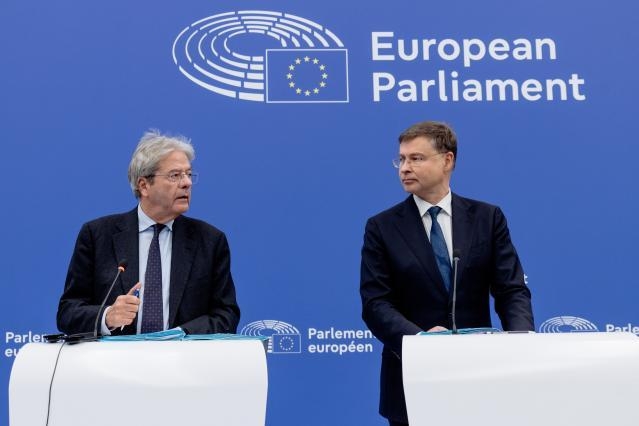The Estonian Union of Pensioners Associations is disturbed by allegations in the media that it is not the economic downturn but rather the increase in pensions to partially compensate for inflation that has left Estonia’s public finances in a poor shape.
Responding to a claim made in the editorial of Postimees on Aug. 1, which argued that “one reason why the public finances are in poor shape is the vigorous raising of pensions in recent years,” the association pointed out that, according to a European Commission report, the average income of elderly residents in Estonia equals 53 percent of the income of working-age people, which is the lowest ratio in the EU.
While in 2021, the poorest pensioners in the EU were in Latvia, in 2022 and 2023 Estonian pensioners were at the bottom of the list.
“How much poorer can pensioners become?” the association asked.
“Can pensions really be such a decisive factor behind the poor shape of public finances? The state gets 30 percent of the amount paid out in pensions back immediately through VAT and excise duties within one month at most. In essence, 30 percent of pensions is a short-term, interest-free loan from the state. The rest goes to the grocery shop, the pharmacy, and to pay utility bills,” the association says.
“The chairwoman of the Riigikogu finance committee is very optimistic that poorer pensioners will manage too. The Union of Estonian Pensioners Associations does not share the endless optimism of the chairwoman of the finance committee, and we are not even asked. According to the coalition agreement, the excise duty on gasoline is to be raised by an additional five percent a year to improve the budget situation. Add to this the land tax, cuts to public transport, the car tax, the gasoline duty — and pensioners living in low population density areas are deprived of mobility.”
Source: BNS
(Reproduction of BNS information in mass media and other websites without written consent of BNS is prohibited.)


















